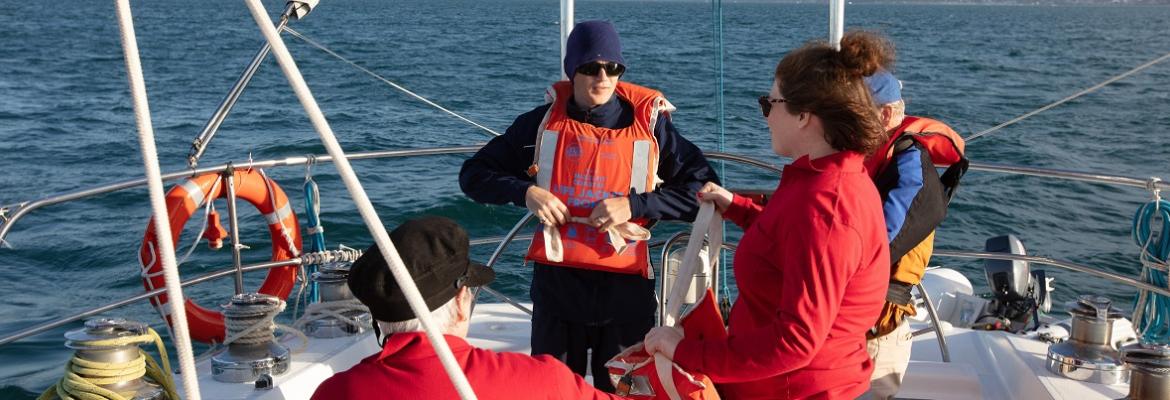
Get qualified
There are different certificates that will allow you to perform different duties on board a vessel in Australian or international waters.
To work as crew on a domestic commercial vessel (DCV) you need to hold a near coastal certificate of competency.
There are 5 main types of near coastal certificate. They each let you do a specific type of work on a DCV.
| Certificate type | Duties |
|---|---|
| General Purpose Hand | Work as a deckhand or engine room hand on vessels. |
| Coxswain | Commanding vessels and operating the engines of vessels under 12m long. |
| Master | Commanding vessels. |
| Engineer | Operating the machinery (engines) of vessels. |
| Sailing master | Commanding sailing vessels and operating the engines of sailing vessels. |
Find the right certificate for you.
Equivalent certificates
You can use some STCW certificates instead of equivalent near coastal certificates. Check which STCW certificates are equivalent.
If you have a domestic New Zealand certificate, you can apply to use this in Australia. Find out how to apply.
We do not recognise domestic certificates issued by any other countries. This includes STCW certificates limited to near coastal waters. You will need to apply for a new near coastal certificate. We recommend asking a training organisation about recognition of prior learning (RPL).
Renew an expired certificate
If your certificate expired within the last 5 years, you can renew the certificate as normal. Check the webpage for your certificate to find out how to renew.
If your certificate expired more than 5 years ago, you need to follow a different process. Find out how to apply.
Stay qualified
Renew early
A near coastal certificate of competency is generally valid for 5 years. To keep working using your certificate you need to renew it every 5 years. Think about renewing 6 months before your certificate expires.
Check the webpage for your certificate to find out how to renew.
Medical fitness
You should do a health assessment if your medical condition changes in a way that might affect your work.
You must tell AMSA within 90 days if you find out about a long term or permanent medical condition that could affect your duties.
First aid certificate
You must hold a Provide first aid certificate (or equivalent) when you apply for your certificate and when you renew it.
Record your sea service
You need to show evidence of sea service when you:
- apply for a new certificate
- renew some certificates.
If you record your sea service as you go, it can save time and work later.
Keep your information up to date
Let us know when you move. This helps us send your certificates and renewal reminders to the right address.
You can update your address in our online portal myAMSA.